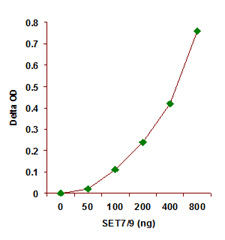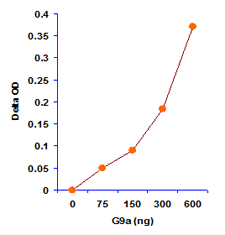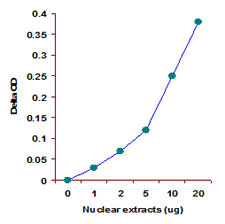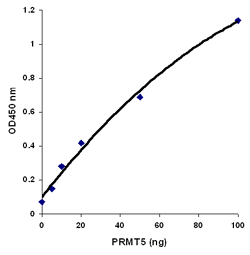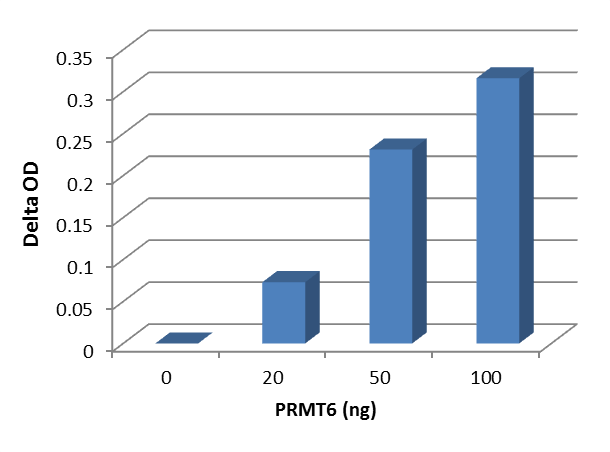Histone methyltransferases (HMTs) are enzymes that catalyze the transfer of methyl groups to histones. Methylation of histones can regulate the accessibility of DNA to the cellular machinery that reads and interprets the genetic code. Such epigenetic regulation can influence a wide range of cellular processes, including gene expression, DNA repair, and DNA replication.
There are several different types of HMTs that can methylate different amino acid residues on histones, including lysine, arginine, and histidine. The specific residue and location of the methylation can have different effects on the conformation and function of the histones and the DNA wrapped around them.
HMTs play important parts in various biological processes, and their activity is often dysregulated in cancer and other diseases. Consequently, HMTs are being studied as therapeutic targets for a variety of diseases. Measuring the activity and inhibition of HMTs is therefore important for understanding their physiological roles and for developing potential therapeutic interventions.







